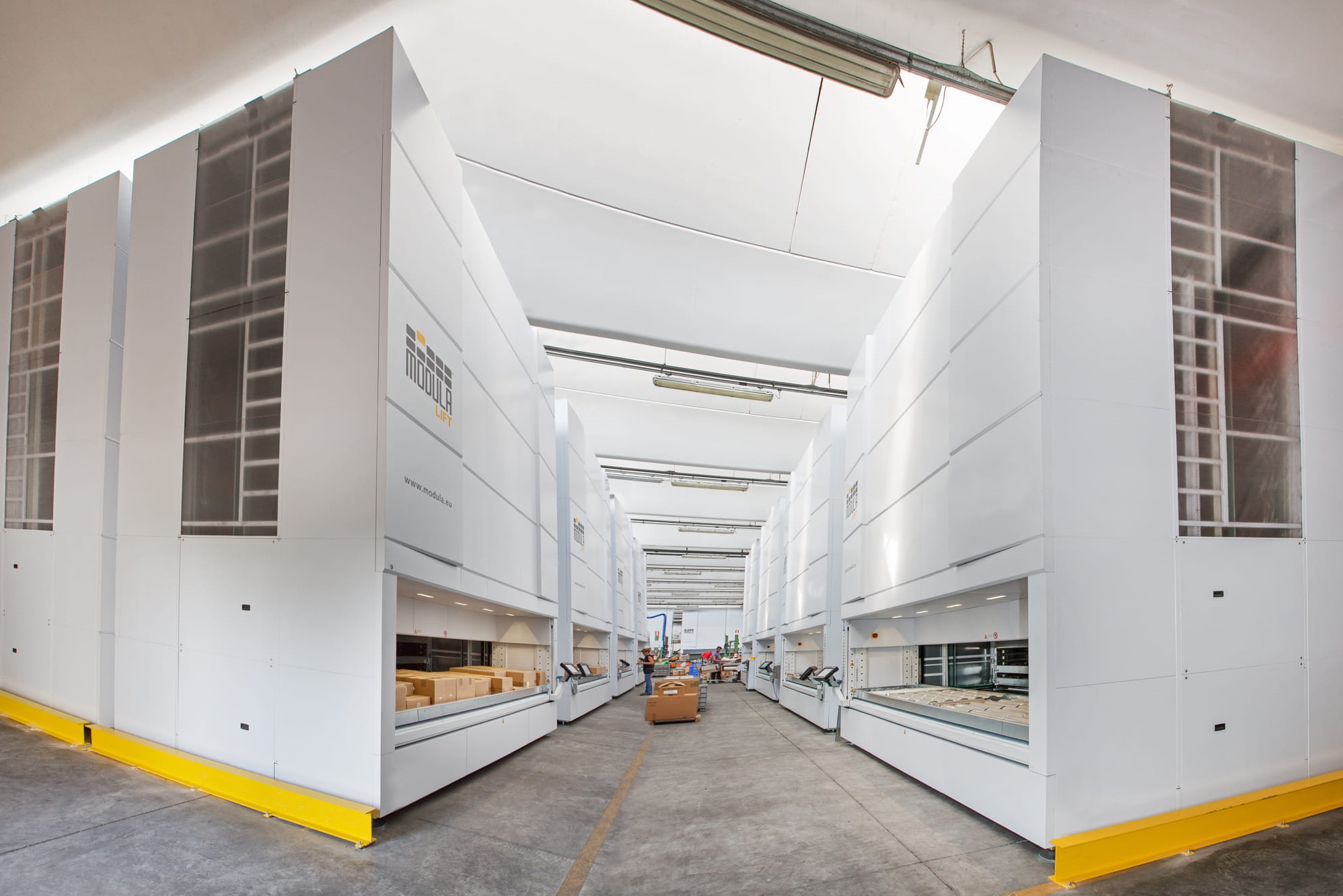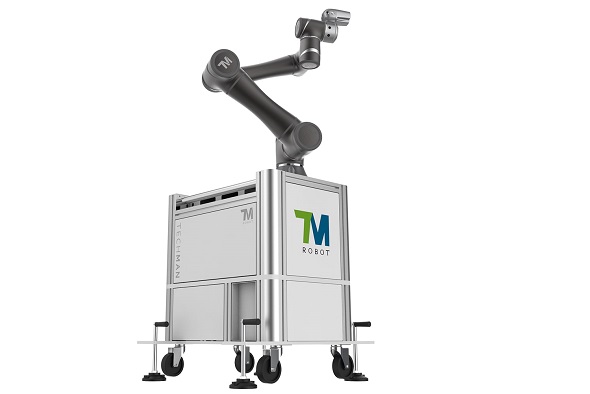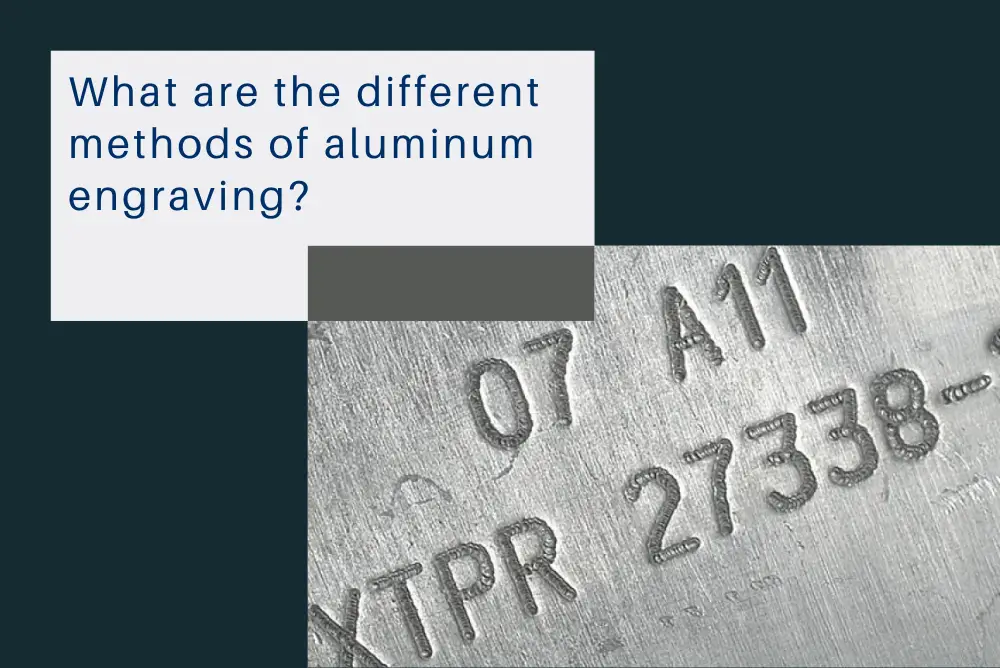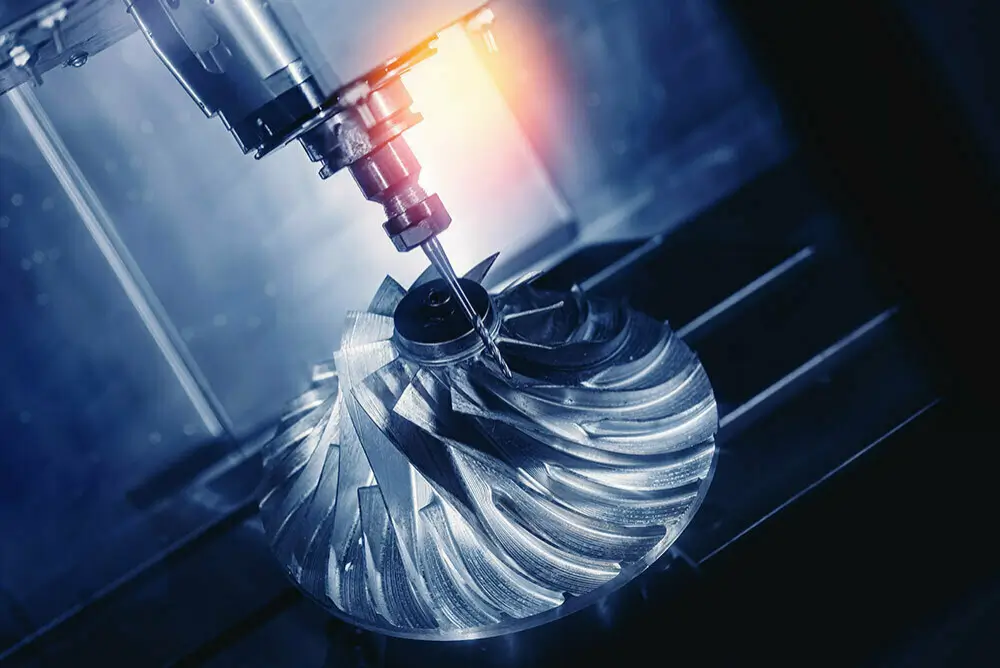 Contents
Contents
- Plastic Bin Storage Systems: A Modern Solution for Optimized Picking
- Efficient Multi-Order Picking and Kitting with Plastic Bins in Smart Warehouses
- Plastic Bin-Enabled Smart Warehouses Are Redefining Logistics
- 1. E-commerce
- 2. Retail
- 3. Electronics
- 4. Pharmaceuticals
- 5. Automotive
- Setting the New Standard for Modern Logistics
As market demands continue to rise, so does the need for faster delivery times and greater product accuracy. So, how can businesses optimize their picking processes while maintaining operational efficiency and traceability?
For years, automated warehouses have used tray-based systems and technologies. These solutions have been effective in saving floor space, especially for bulky items with medium to low turnover rates. But are these systems still suitable in today’s fast-evolving logistics environment?
Plastic Bin Storage Systems: A Modern Solution for Optimized Picking
Traditional packaging and storage methods expose several limitations, especially in industries and scenarios that demand high-volume picking and the simultaneous handling of multiple orders. The integration of plastic bins into automated storage systems marks a transformative step that is revolutionizing the way items are picked.
When incorporated into automated picking processes, plastic bins offer a flexible and scalable deep-picking solution. Items are stored systematically, with precision and neat separation thanks to internal dividers that segment storage areas. A single bin can contain multiple SKUs, streamlining item handling, improving traceability, and significantly reducing picking time.
Key Benefits:
- Faster Picking: Unlike traditional tray systems, plastic bins allow operators to pick only the required units without handling the entire tray.
- Enhanced Accuracy and Traceability: Each bin is individually coded, enabling efficient inventory tracking and minimizing picking errors.
- Ideal for Multi-Order and Kitting Operations: Plastic bins can be configured for batch picking and customized order fulfillment, especially useful in industries that process numerous simultaneous orders.
- Optimized Storage Space: Bin systems accommodate products of varying sizes without wasting valuable warehouse space.
In recent years, rapid advancements in technology have enabled major leaps in warehouse automation, with innovative storage and picking solutions. Modula, for example, is investing in vertical lift systems that can handle up to 180 bins per hour.
Efficient Multi-Order Picking and Kitting with Plastic Bins in Smart Warehouses
In scenarios that demand ultra-fast delivery, organizing and picking with plastic bins is a smart choice, delivering high efficiency in both multi-order fulfillment and kitting.
Multi-order picking allows operators to manage multiple orders simultaneously while minimizing warehouse travel time. Plastic bin systems enable precise order sorting by separating items into dedicated compartments, resulting in a more organized and error-free warehouse operation.
Kitting plays a vital role in industries that require quick and accurate component assembly. Here, plastic bins enable faster and more efficient access to individual components, ensuring items are stored, sorted, and retrieved in a structured way. This reduces waste and keeps production workflows running smoothly.
Clearly, plastic bin systems significantly enhance picking and kitting management compared to traditional tray setups—saving time and lowering operational costs. These are critical advantages for any company aiming to stay competitive in today’s market.
Plastic Bin-Enabled Smart Warehouses Are Redefining Logistics
The adoption of bin-based picking systems represents a strategic shift for industries with complex logistics requirements. Let’s explore how this technology is transforming warehouse operations across sectors such as e-commerce, retail, electronics, pharmaceuticals, and automotive supply chain kitting.
1. E-commerce
E-commerce logistics are characterized by constant order fluctuations throughout the day. With a broad product range and demand for rapid order processing, picking optimization becomes a major challenge.
Plastic bins facilitate structured and flexible multi-order picking by clearly separating SKUs and reducing retrieval times—enabling better control and responsiveness.
2. Retail
Retail operations deal with a highly diverse range of products in various shapes and sizes. This complexity is magnified during promotional campaigns, commercial events, and seasonal sales.
Bin-picking technology allows retail warehouses to manage inventory with high flexibility. It ensures fast and accurate SKU access while enabling timely product distribution.
3. Electronics
The electronics industry handles highly sensitive, small-sized, and high-value components. Precision is essential to prevent damage during storage and picking while ensuring full traceability of each part.
Bin-based systems optimize item separation and protect products from impact and contamination. They also allow effective batch and serial number tracking, helping reduce losses and supporting seamless production integration.
4. Pharmaceuticals
Pharmaceutical logistics must adhere to strict regulations, requiring tight control at every stage of storage and distribution. Complete traceability and product integrity are vital, making accurate and reliable picking systems essential.
Plastic bin solutions allow pharmaceutical warehouses to manage medications, medical devices, and sensitive materials in a safe and organized manner, ensuring each SKU is separated and easily accessible.
5. Automotive
In the automotive industry, bin-based storage is commonly used for kitting—preparing and delivering grouped components required for a specific assembly process.
Kitting allows items to be sorted by type and size into complete kits that are then delivered directly to the production line or designated assembly areas, simplifying logistics and improving assembly efficiency.
Setting the New Standard for Modern Logistics
Tray-based systems were once a good solution, but in today’s dynamic and demanding market, they no longer offer the flexibility and accuracy businesses require. With plastic bin systems, every phase of the picking process—from inventory management to error reduction—can be optimized, ultimately aiming for more efficient goods distribution.
The latest version of Modula’s smart warehouse, Modula Flexibox, has already been deployed. It’s the ideal solution for logistics professionals seeking advanced order management capabilities. Seamlessly integrated with WMS (Warehouse Management Software), it ensures goods are intelligently stored and only moved upon operator request, optimizing every step of the picking process.
Temas is the official distributor of Modula in Vietnam, offering a full range of smart warehouse solutions in various models, sizes, and applications to meet your business needs. For businesses with high picking frequency, this is a game-changing innovation that can transform your entire warehouse operation.
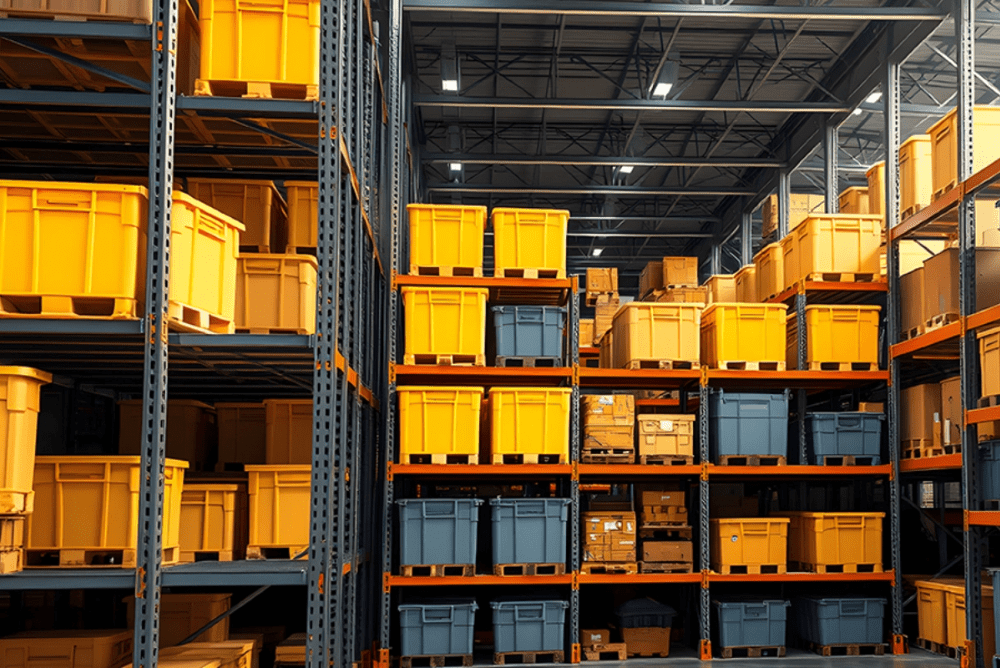
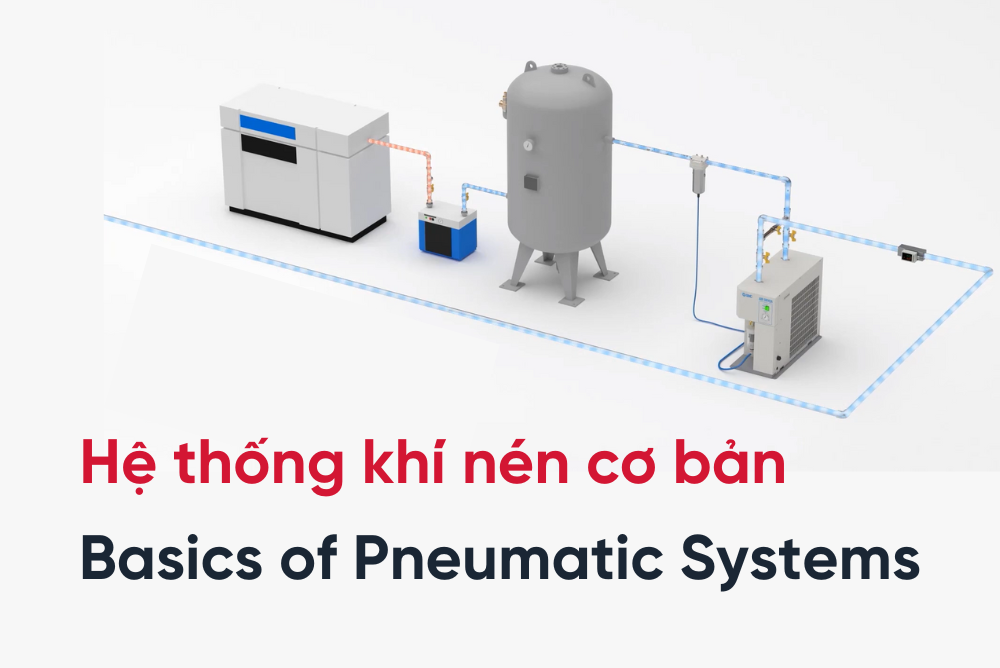
 Read more
Read more
